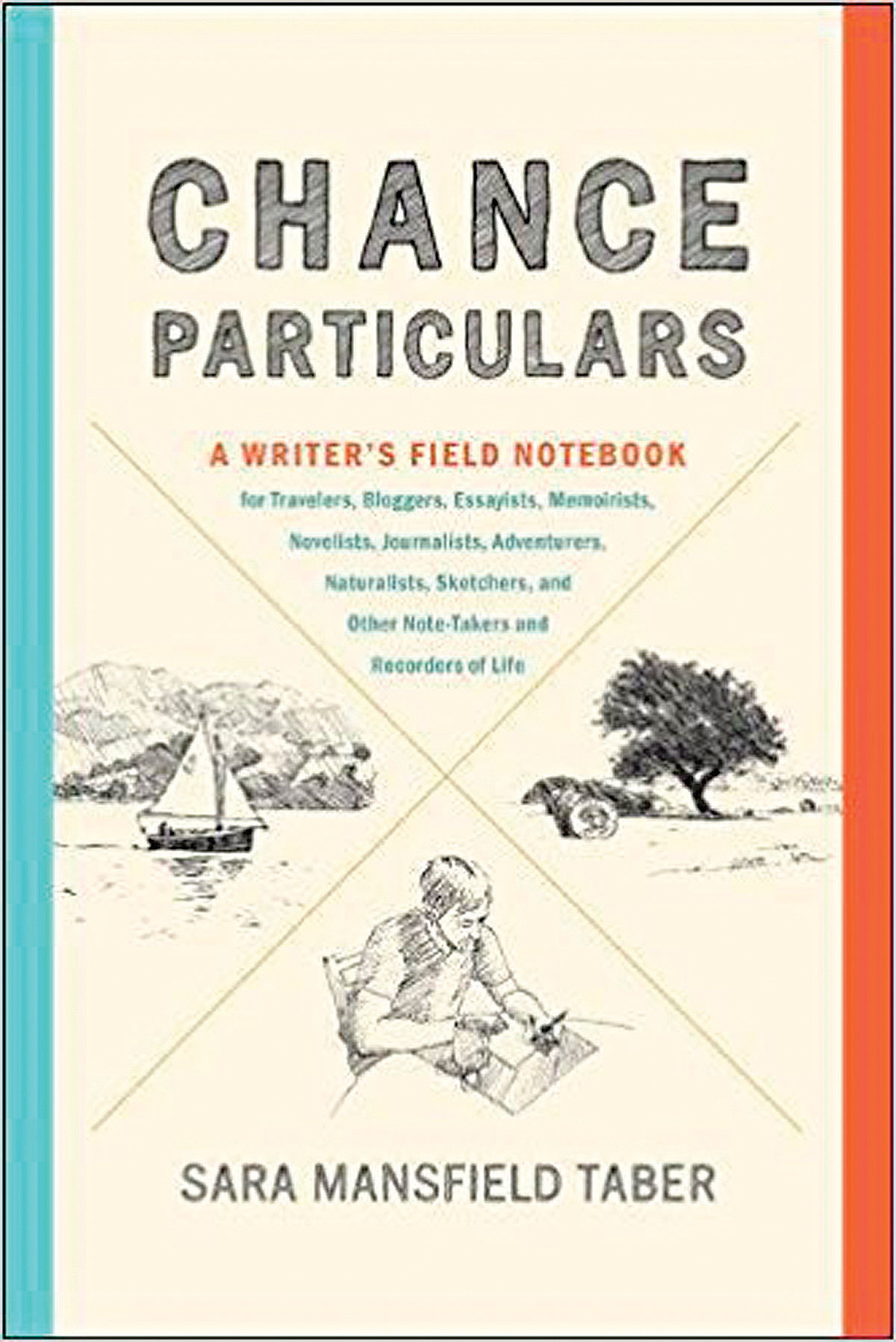Arts & Culture
Book Reviews: April 2017
The latest from Susan Weis-Bohlen and Sara Mansfield Taber.

Ayurveda Beginner’s Guide
Susan Weis-Bohlen (Althea Press)
This debut book from Susan Weis-Bohlen—former owner of Breathe Books in Hampden and now an Ayurvedic practitioner and meditation instructor—serves as a primer on Ayurveda, an ancient, holistic system of medicine, as well as an abbreviated cookbook to complement the lifestyle. She lays down a strong foundation before delving into the more creative and playful aspects of daily rituals—crafting meals, yoga sequences, breathing exercises—based on your dosha (don’t worry, you’ll have a firm handle on what a dosha is—and what your dosha is—after reading this). Though Ayurveda is 5,000 years old, Weis-Bohlen also addresses modern health and dietary concerns, like environmental toxins. Through the lens of this ancient science, she covers everything from the importance of scraping your tongue in the morning to the importance of Ayurvedic-style sex. The warmth and serenity of Weis-Bohlen comes through on the pages. At times, reading it feels like a meditation in and of itself, especially if paired with a hot cup of spiced milk.

Chance Particulars
Sara Mansfield Taber (Johns Hopkins University Press)
Sara Mansfield Taber’s latest is part workbook and part how-to, and though it bills itself as an instructional guide that’s suited primarily for writers and artists, anyone wanting to more deeply understand his or her world will find its ideas useful. In fact, the book’s subtitle is fairly inclusive: A Writer’s Field Notebook for Travelers, Bloggers, Essayists, Memoirists, Novelists, Journalists, Adventurers, Naturalists, Sketchers, and Other Note-Takers and Recorders of Life. The phrase “chance particulars” is borrowed from Thomas Mallon, who says that writers should include any peculiar observations in their work. Taber, who has taught writing at Johns Hopkins University and the Bethesda Writer’s Center, builds on that idea and breaks down the methods for doing so, like talking with people, keeping records of such seemingly mundane things as gas prices and grocery lists, and using descriptions that evoke all five senses. She writes about the practicality (and joy) of keeping a commonplace book wherein you jot down any musings, snippets, or other useful information you come across. As the saying goes: God is in the details.